U.S. President Donald Trump has announced a 20 percent tariff on all imports from Vietnam — a move that, coupled with a 40 percent levy on transshipments — may put renewed pressure on Asian economies, analysts say.
In a social media post on Wednesday, Trump unveiled the new tariff rate, a notable drop from the 46 percent he had threatened in April, and claimed that Vietnam had agreed to eliminate all tariffs on U.S. goods entering the country.
The trade agreement follows three rounds of negotiations between the United States and Vietnam regarding Washington's "reciprocal tariffs", the daily Viet Nam News reported.
Although the revised rate is much lower than initially proposed, experts said it remains relatively higher than previous levels and will pose fresh challenges for Vietnam.
Siah Hwee Ang, a professor of strategy and international business at Victoria University of Wellington in New Zealand, said the announcement has ramifications for Southeast Asia.
It means the relationship between Vietnam and other members of the Association of Southeast Asian Nations is going to come under strain, Ang said.
The reduced U.S. tariffs will make other ASEAN members question what Vietnam has offered to the U.S., he said, noting that it could come between Vietnam and its neighbors.
"Everyone will be trying to cut the same deal as Vietnam, but not everyone will get the same deal," he said. "Because that is how the U.S. is going to play … if you are equal, there is nothing to negotiate."
Details of the agreement were scant. It was unclear which products would be subjected to the 20 percent tariff, or whether some categories would qualify for lower or higher total duties.
Also left to later discussion was how much of Vietnamese exports to the U.S. fall under the new transshipment provision, Ang said, especially for products that are manufactured in Vietnam but processed with raw materials from China.
As Vietnam seeks to compete with other Southeast Asian countries to become a regional transshipment hub, the new 40 percent tariff will mean these plans will be shelved, he said.
Henry Gao, a professor of law at the Singapore Management University, said the 40 percent tariff on transshipments "violates both the most-favored-nation principle and the tariff binding principle".
However, with the paralysis of the World Trade Organization's Appellate Body, it is hard to challenge the decision against the U.S., Gao said.
Responding to a question on the U.S.-Vietnam trade deal, especially the transshipment provision, the Chinese Foreign Ministry said China believes in equal-footed dialogue and consultation as the way to address economic and trade disputes.
"That said, relevant negotiations and agreements should not target or harm the interests of any third party," ministry spokeswoman Mao Ning said on Thursday at a regular news conference in Beijing.
As the U.S. wants to prevent the transshipment from China through Southeast Asia, regional countries will face the highest tariffs, Gao said.
Nevertheless, the 20 percent U.S. tariff is a relatively good sign for Vietnam's economy, which is expected to grow 6 percent this year, said Suan Teck Kin, head of research and executive director at Singapore's United Overseas Bank.
Regarding Vietnam's zero tariffs on U.S. imports, Suan said even if it is possible, it will not be quite feasible for U.S. producers to sell automobiles — as mentioned in Trump's post — to Vietnam, considering its market size.
The deal is the first full pact Trump has sealed with an Asian country. Most other Asian economies are yet to decide.
The Republic of Korea's President Lee Jae-myung said on Thursday that it is difficult to confirm whether a trade package can be completed by the July 9 deadline — when Washington ramps up tariffs on most imports.
Japanese Prime Minister Shigeru Ishiba said on Wednesday that he is determined to protect his country's national interest.
Speaking at a party leader debate in Tokyo, Ishiba said Japan is the largest investor in the U.S. and one of the biggest creators of jobs there, making it "a different case from other countries".
While reducing U.S. trade deficit is important, he emphasized that investment, rather than tariffs, is the fundamental solution.








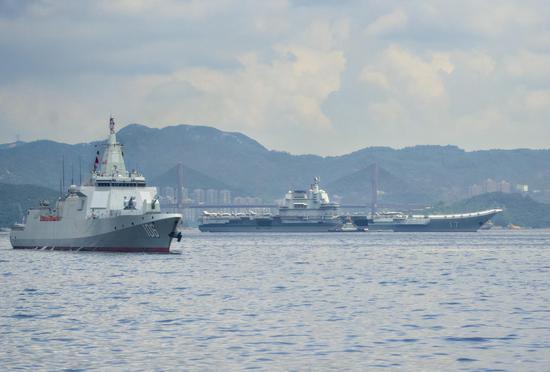
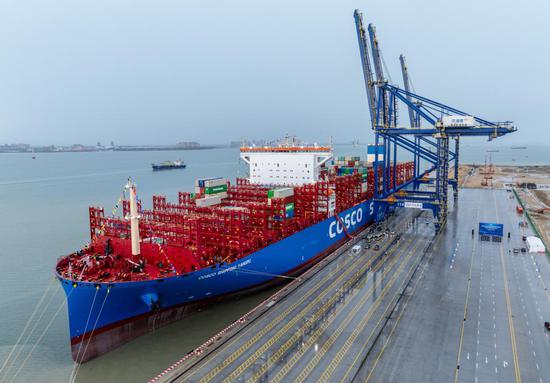


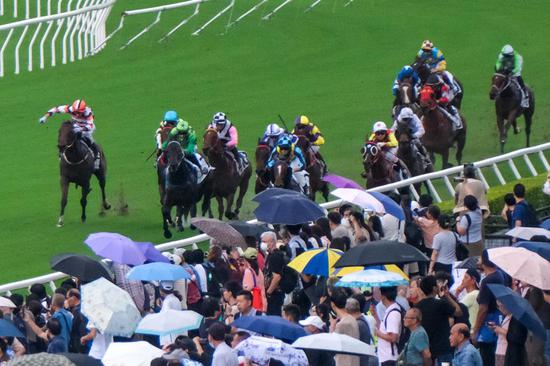

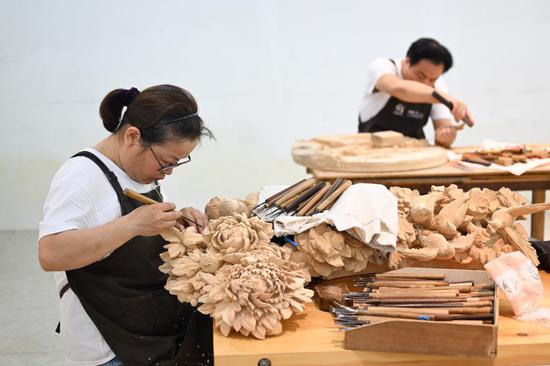

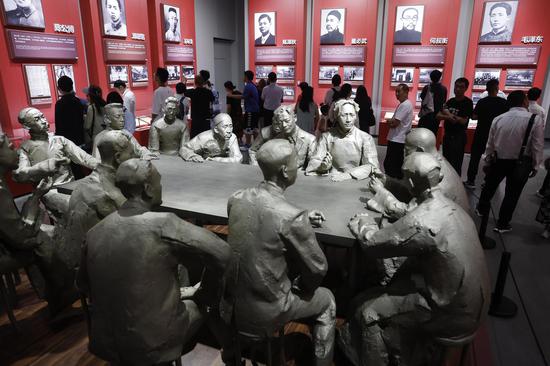
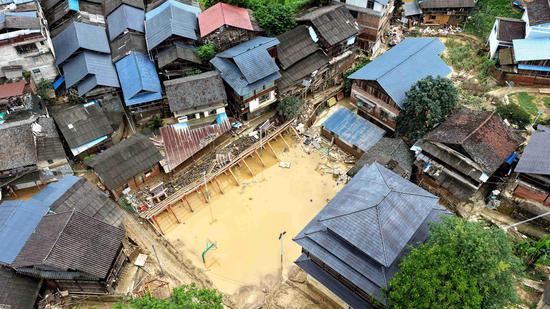
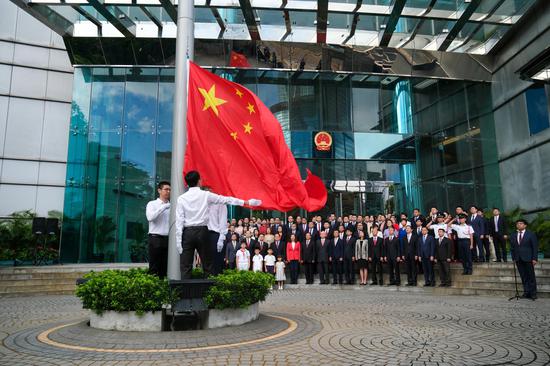
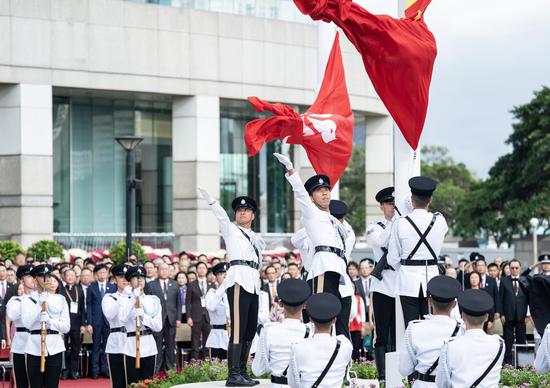

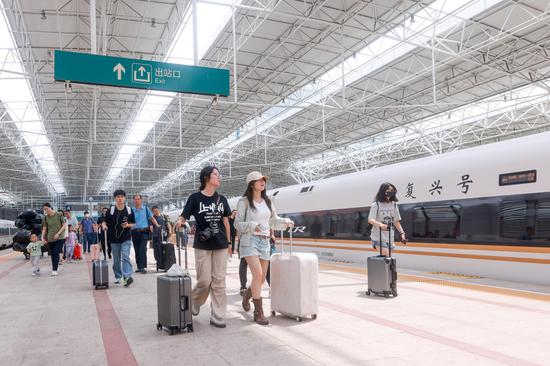
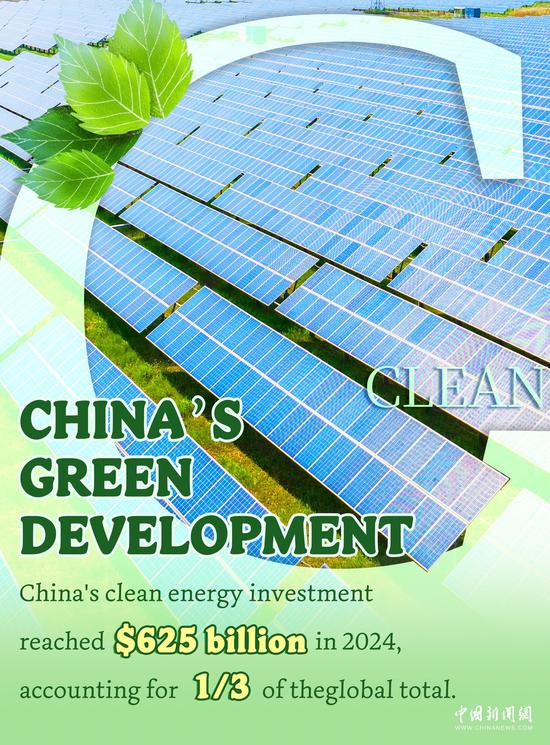

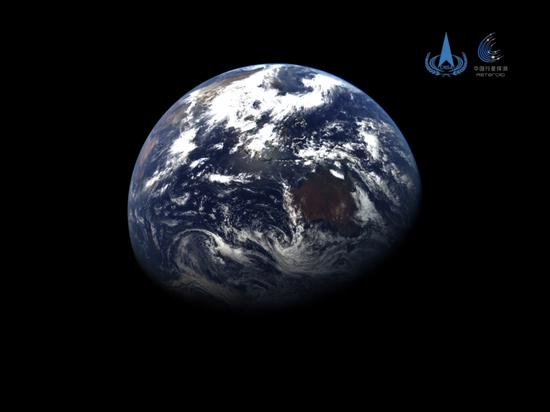
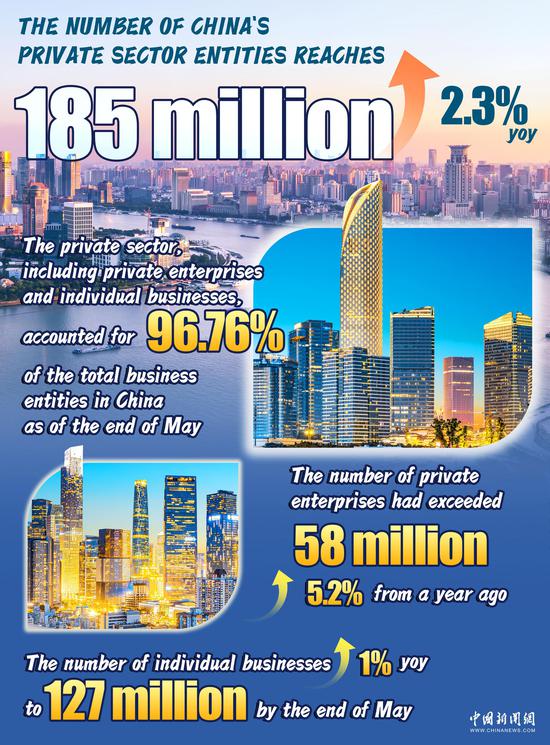
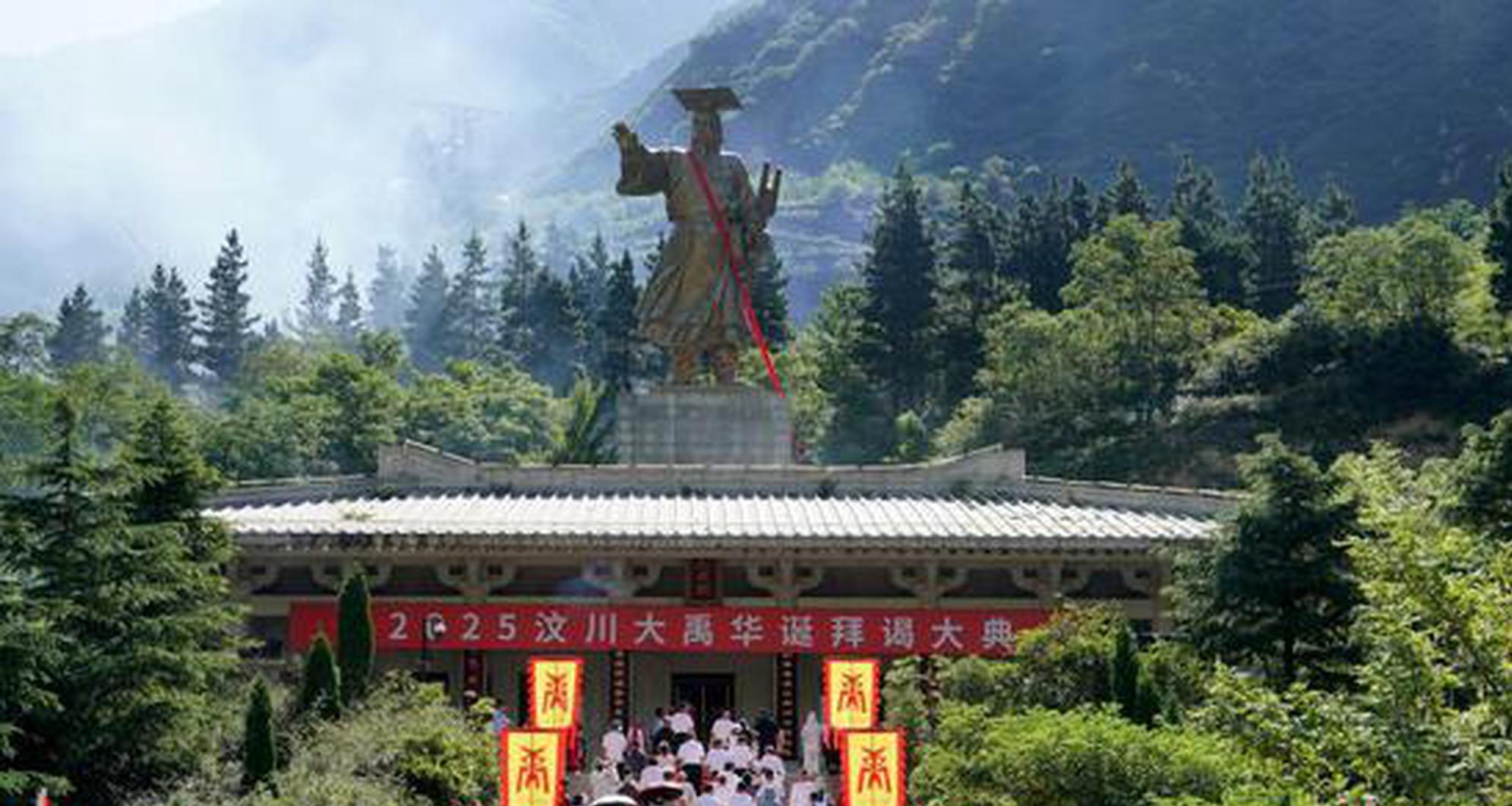
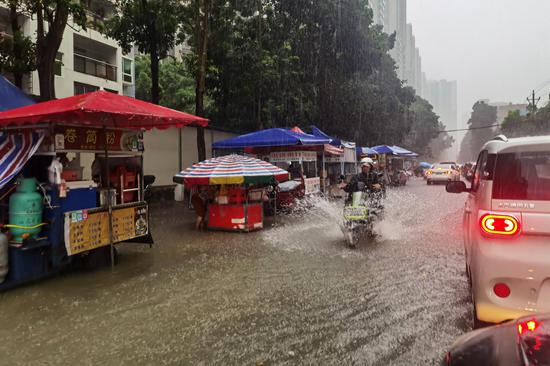


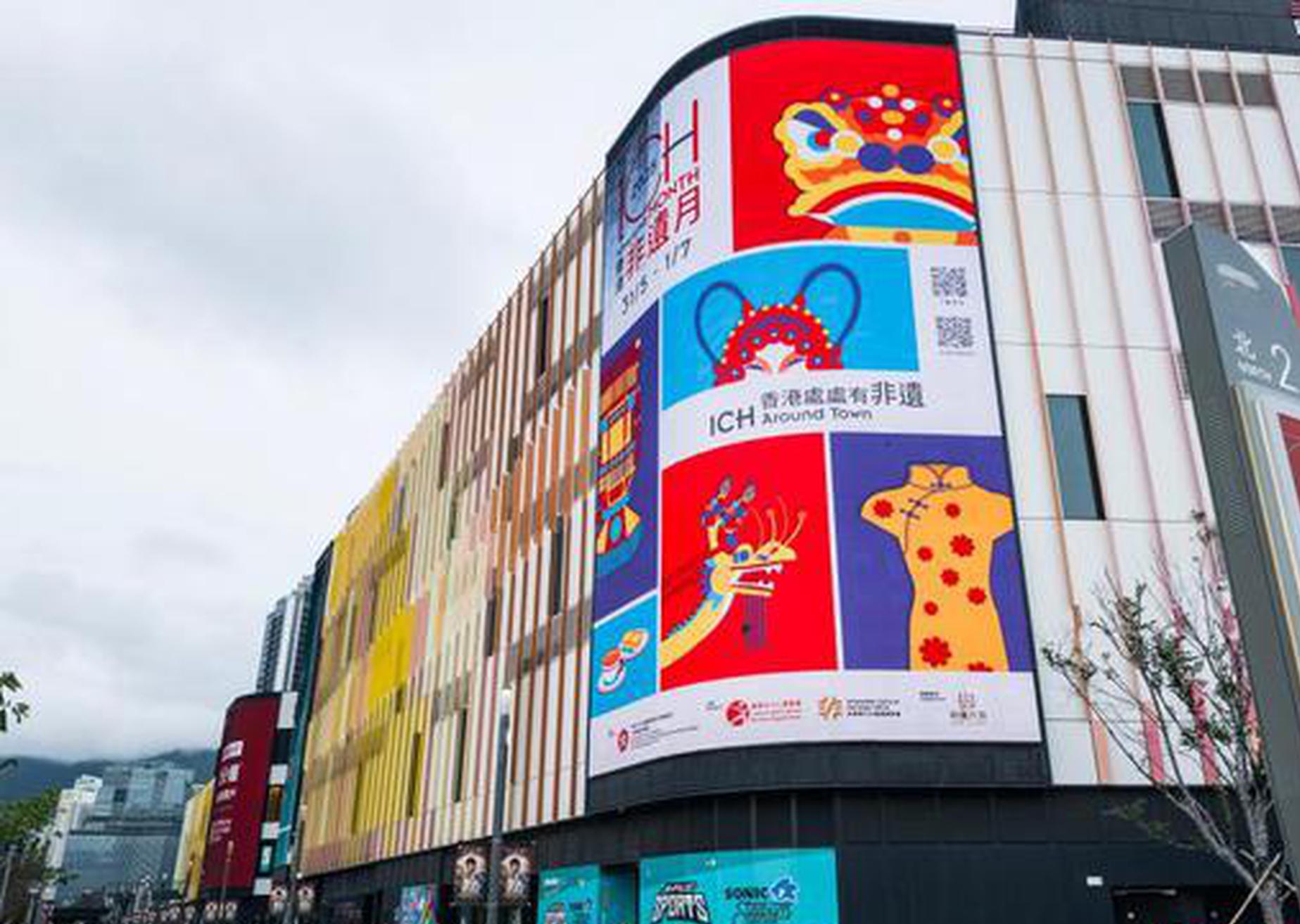


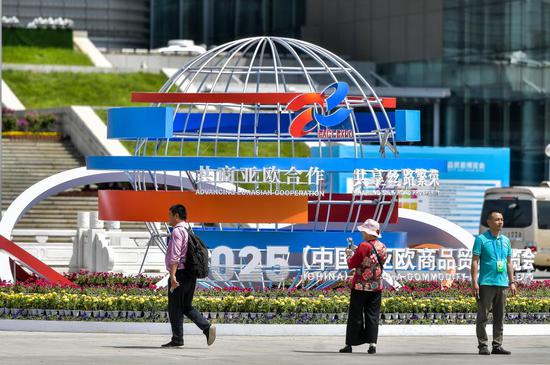
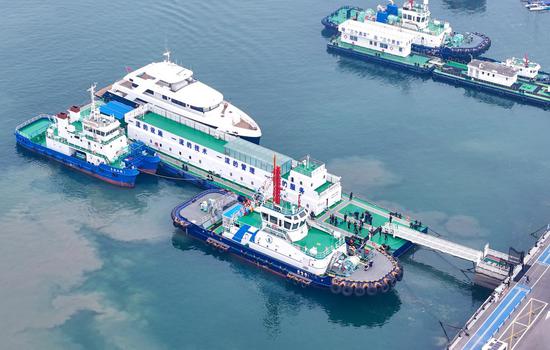

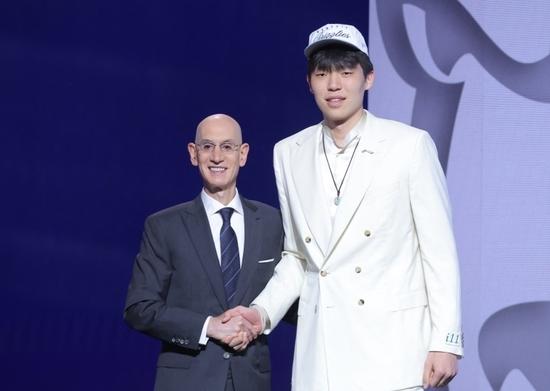

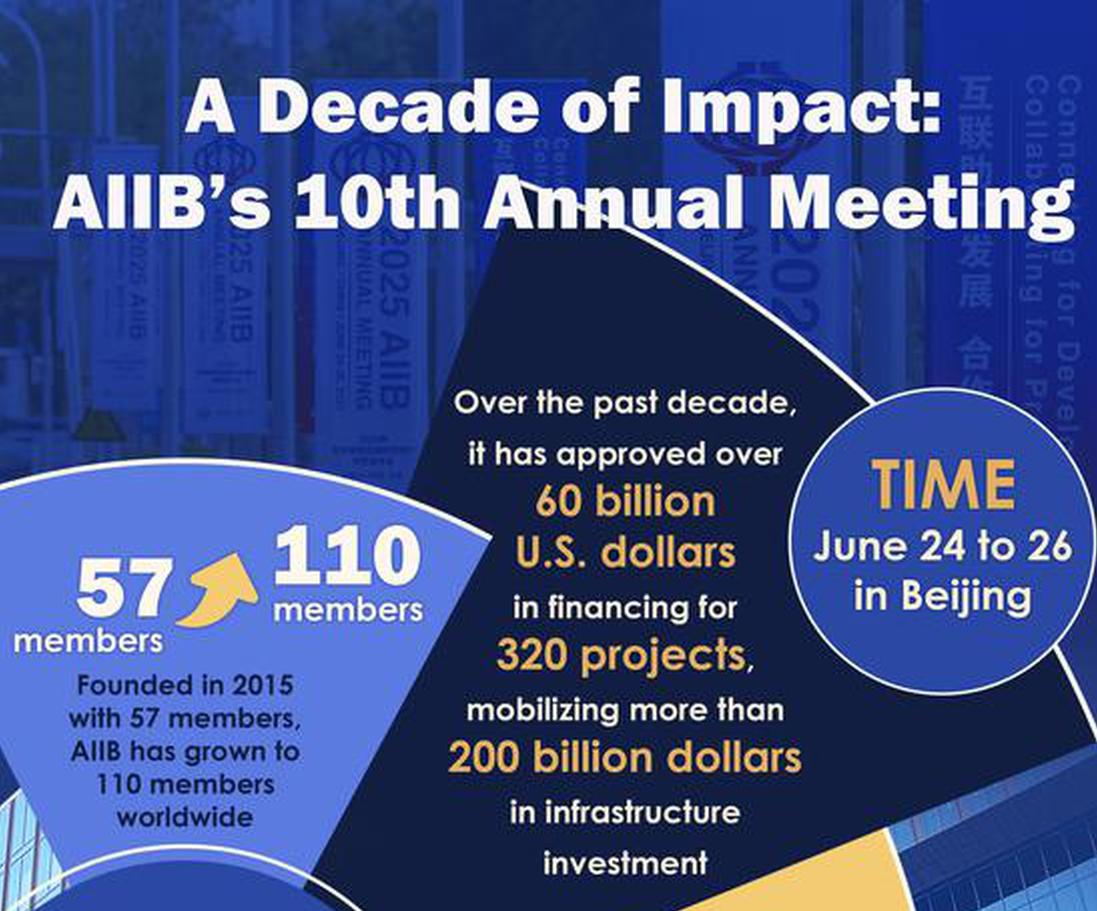

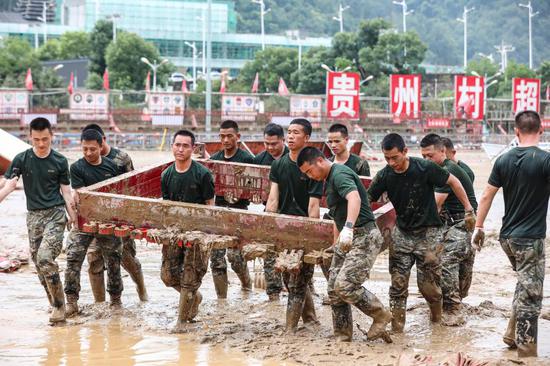

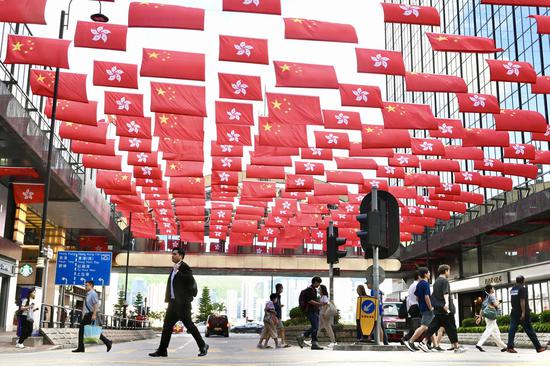
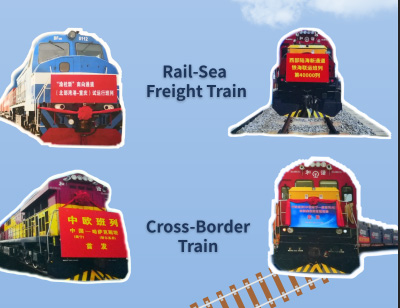


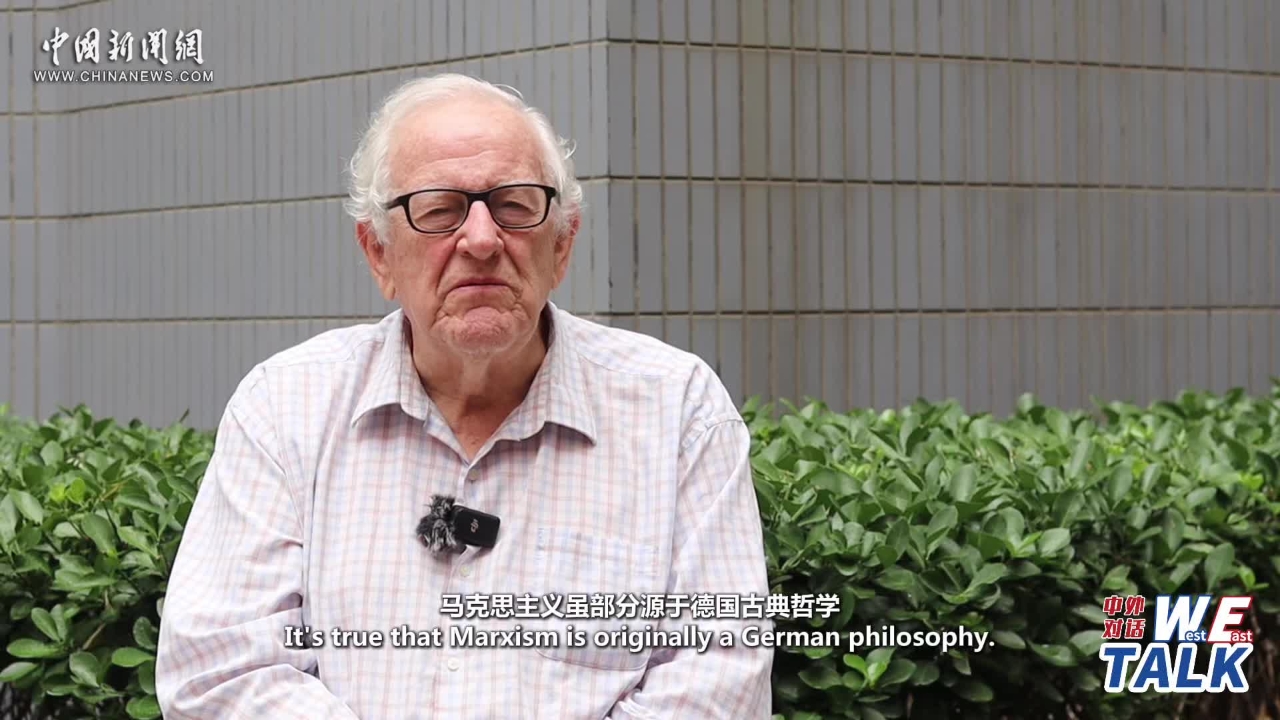

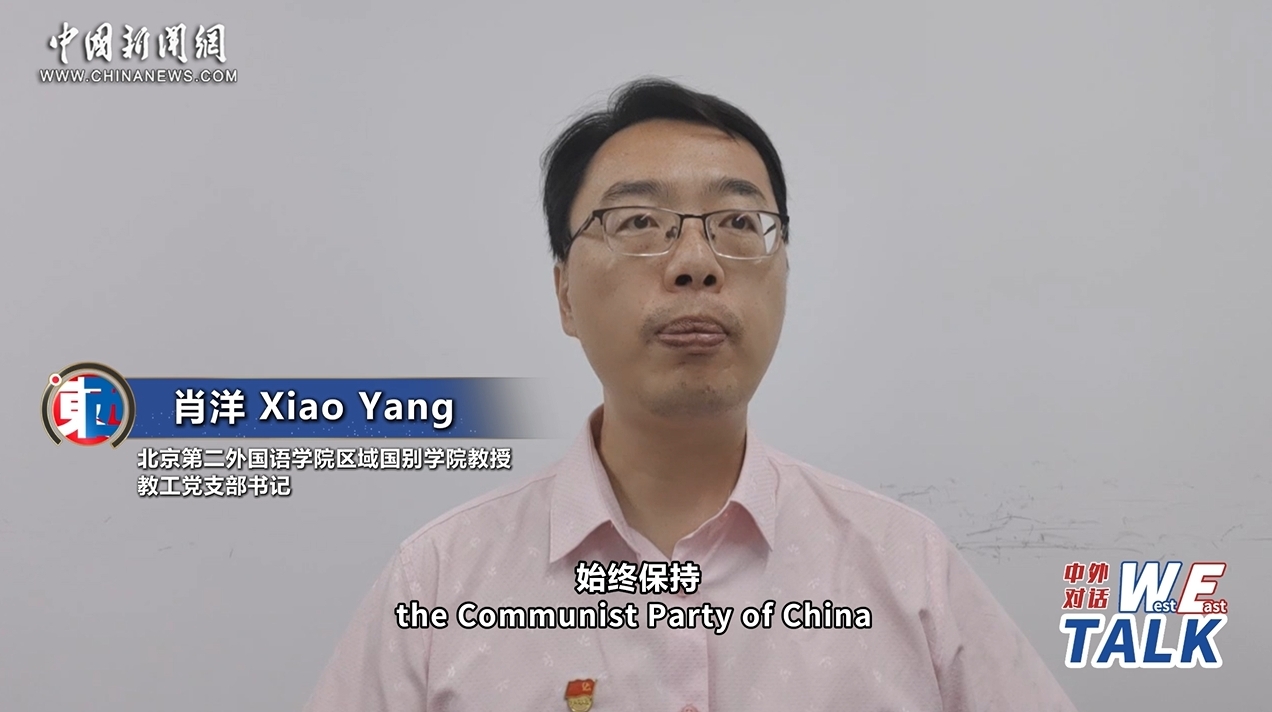

 京公網安備 11010202009201號
京公網安備 11010202009201號